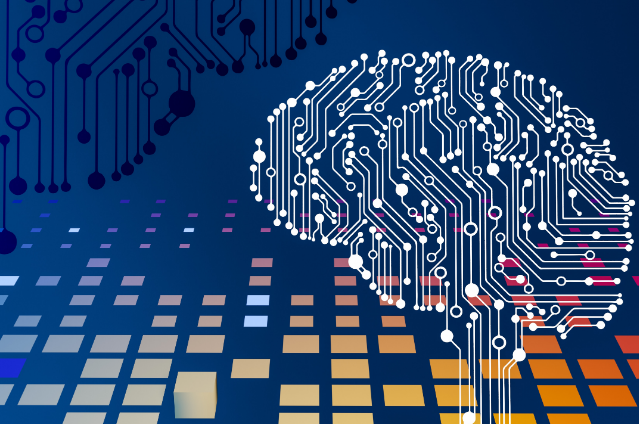
Photo by Steve Johnson on Unsplash
Introduction:
Artificial Intelligence (AI) stands at the forefront of technological innovation, reshaping the way we live, work, and interact with the world. This article delves into the intricacies of AI, exploring its evolution, applications, and the profound impact it continues to have on various aspects of our daily lives.
Evolution of Artificial Intelligence:
AI traces its roots back to the mid-20th century when pioneers like Alan Turing laid the theoretical groundwork. Over the decades, advancements in computing power, data availability, and algorithmic sophistication propelled AI from conceptual ideas to tangible reality. From rule-based systems to machine learning and neural networks, the journey of AI is marked by a relentless pursuit of mimicking human intelligence.
Applications Across Industries:
The versatility of AI finds expression in diverse fields, from healthcare to finance, education, and beyond. In healthcare, AI aids in diagnostics, drug discovery, and personalized treatment plans. In finance, it optimizes trading strategies and risk management. Education benefits from AI-driven personalized learning experiences. As AI permeates various sectors, its potential to enhance efficiency and innovation is boundless.
Machine Learning and Deep Learning:
At the heart of AI lies machine learning, a subset that enables systems to learn and improve from experience. Deep learning, a sophisticated form of machine learning, employs neural networks to simulate human decision-making. The synergy between machine learning and deep learning has fueled breakthroughs in image recognition, natural language processing, and autonomous systems.
Ethical Considerations:
The rise of AI prompts critical discussions on ethics and responsibility. Concerns about bias in algorithms, job displacement, and the ethical use of AI in surveillance underscore the need for thoughtful regulation and ethical frameworks. Striking a balance between innovation and ethical considerations is paramount to ensure AI's positive impact on society.
Challenges and Future Prospects:
Despite remarkable progress, AI faces challenges such as interpretability, transparency, and the need for robust cybersecurity. The ongoing pursuit involves addressing these challenges while pushing the boundaries of AI capabilities. The future promises advancements in explainable AI, reinforcement learning, and AI's collaborative role with humans.
Conclusion:
As we stand on the cup of a new era shaped by artificial intelligence, the transformative power of this technology is evident. The journey from conceptualization to widespread integration is marked by both awe-inspiring accomplishments and ethical dilemmas. Navigating the future of AI requires a collective effort to harness its potential responsibly, ensuring a harmonious coexistence with the human experience.
